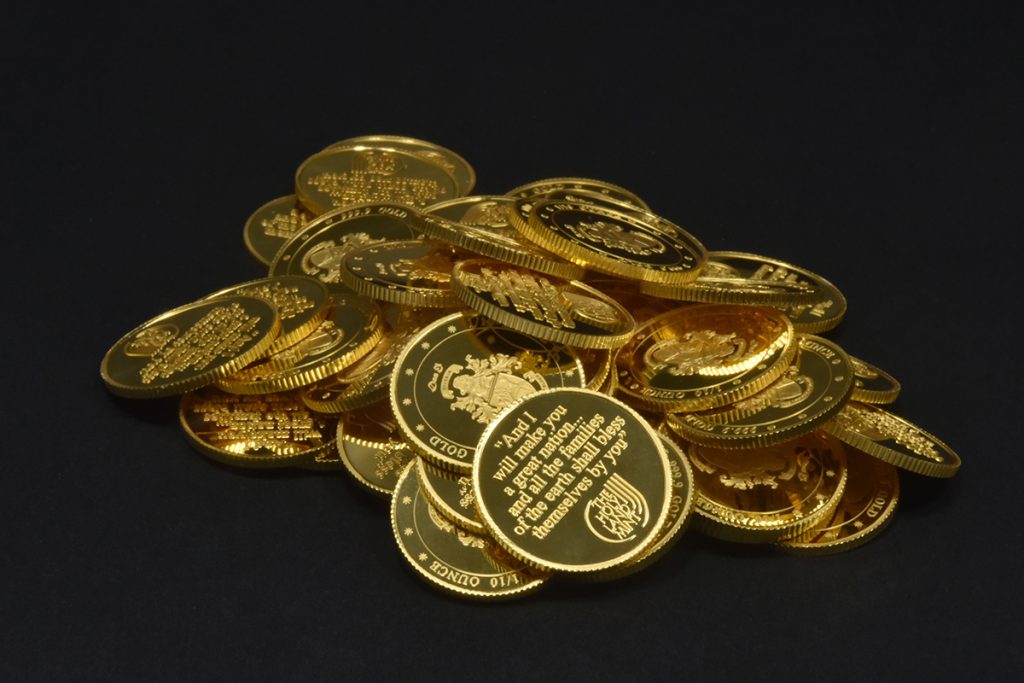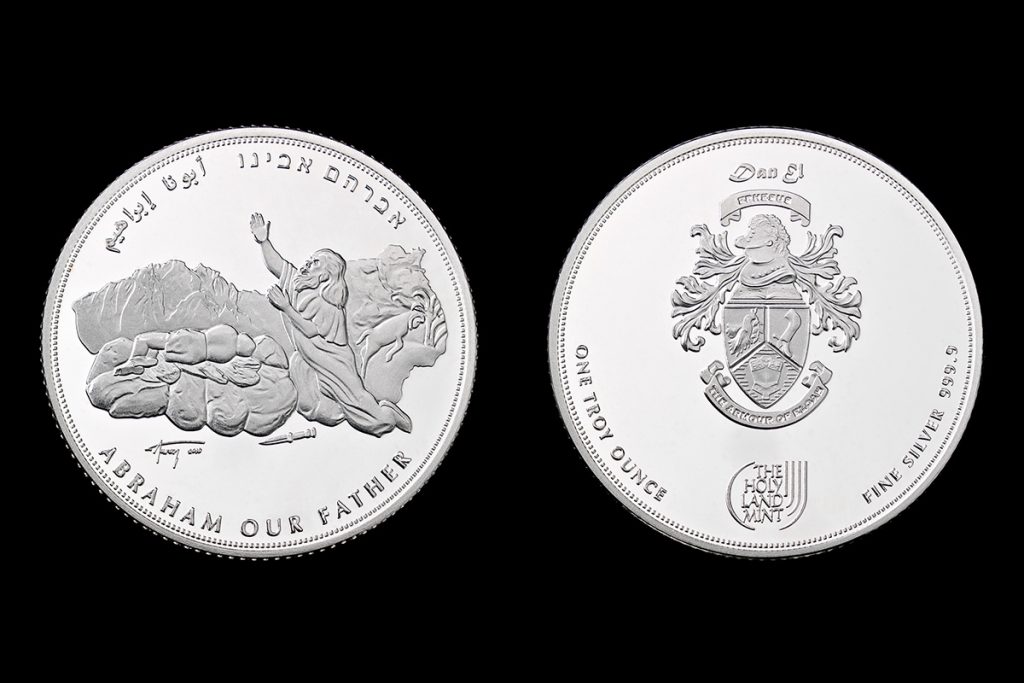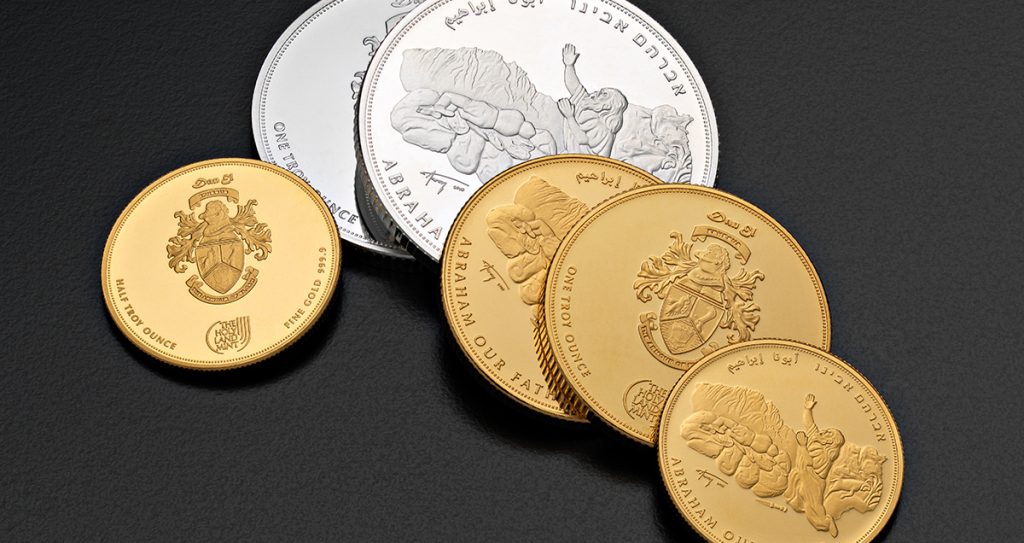- contact@samuelsconsult.com
- 800 580 2721
Home » Precious Metals
The journey of saving begins with understanding a simple yet profound process: Labor, Saving, and Investing.
A man once worked on his father’s farm, where he learned a valuable lesson. The cycle of farming mirrors the path to financial growth:

This cycle repeats endlessly. The principle applies universally, though the terminology may differ. For us, the steps are:
This process, though seemingly mundane, is crucial. Yet, many struggle with saving and investing today because they lack the discipline to save.
Saving instills discipline, influencing various aspects of our lives, including how we approach investments. When we save consistently, we understand the value of our labor. This realization shapes our perspective:
If an investment lacks a clear connection to labor or a discernible process, it signals a lack of understanding—and likely, a higher risk. This disciplined approach not only helps identify promising investments but also mitigates the risk of losing precious savings to deceptive schemes.

Jesus’ words in the Gospel of Matthew resonate deeply:
“No one can serve two masters. For you will hate one and love the other; you will be devoted to one and despise the other. You cannot serve both God and money.”
The wealthy don’t work for money; they work to learn and grow. The discipline of saving shifts us from working for money to making money work for us. This transition is a process, involving learning, application, and often trial and error.
The generationally wealthy have an advantage, having been raised with this mindset. They are not consumed by the pursuit of money and can focus on what they value most—be it faith, passion, or purpose. For the rest of us, the journey requires deliberate effort, beginning with savings as the foundation.

King Solomon wisely wrote:
“Give a serving to seven, and also to eight, for you do not know what evil will be on the earth.”
This advice highlights the importance of diversification—both in savings and income streams. Solomon’s perspective was inherited from his father, King David, who demonstrated this principle in practice.

King David, a warrior, builder, and leader, reigned for 40 years (1010–970 BC). He united Israel, led victorious battles, and prepared immense wealth for the future, including resources for his son Solomon to build the Holy Temple.
David amassed incredible treasures, equivalent to billions of dollars in today’s value. He also diversified his wealth geographically, establishing storehouses and trade agreements in multiple cities. This strategy ensured that even in times of local turmoil, he had reserves elsewhere to rebuild.
The principle of geographical diversification has echoed throughout history:

As Solomon observed, “A prudent man sees danger and takes refuge, but the simple keep going and suffer for it.”
Most people keep their wealth and earnings tied to their immediate surroundings. However, King David and Solomon’s strategies emphasize the benefits of diversifying income and savings across jurisdictions. Few today consider earning income from multiple geographical sources, let alone doing so in multiple forms.

For those seeking both security and opportunity, savings in tangible assets like gold and silver offer unique advantages:

Artisan bullion, despite its higher premium over spot price, carries added value through convenience and tradability. For instance:
History shows that gold’s purchasing power rises during crises. Between 1929 and 1935, its value increased by 129%, proving it a robust investment.
Strategic saving, diversification, and investment in tangible assets create a solid foundation for financial resilience and growth. As history and scripture teach, prudence and preparation are key to navigating uncertainty.
Gold and silver, as universal assets, stand supreme in offering protection and opportunity when needed most. By adopting these timeless principles, we can not only safeguard our wealth but also ensure its growth across generations.